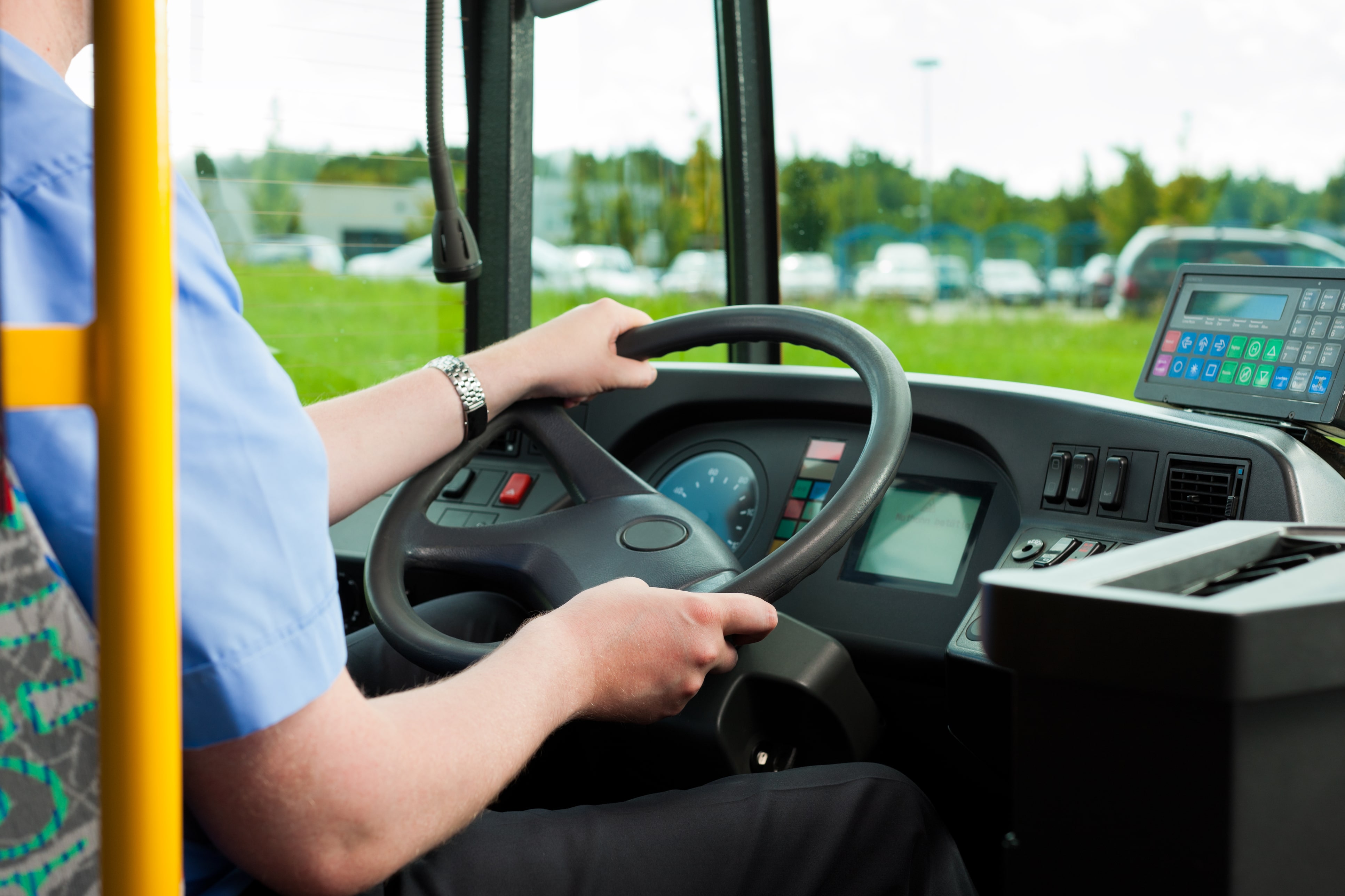New rules on drivers’ working conditions and fair competition in road transport

EU rules on posted workers, based on the principle of “equal pay for equal work”, would apply to so-called ‘cabotage’ deliveries, according to amendments approved by the Transport Committee. This means that the same remuneration rules apply to a truck driver delivering goods in another member state after a cross-border delivery as to drivers in the host country.
Transport Committee MEPs also proposed changes to ensure better rest conditions for drivers. For example, companies will have to organise their timetables so that, once every three weeks, drivers are able to return home or to another location of their choosing for a weekly rest.
Ensuring fair competition
The draft rules aim to step up inspections and roadside checks as well as speed up cooperation between national authorities to tackle fraud related to working time, rest periods, ‘cabotage’, and posting of drivers.
MEPs backed new time limits for ‘cabotage’ (i.e. making deliveries within another EU country after a cross-border delivery), instead of the current limit based on the number of deliveries. Border crossings would need to be registered in a truck’s tachograph to help detect fraud.
To tackle the issue of letterbox companies (i.e. companies registered in another member state to cut costs related e.g. to tax rules, while the main business activity is conducted in another), businesses will be obliged to have substantial business activities in the member state where they are registered.
Cutting red tape and more efficient operations
The draft legislation provides a limited list of administrative requirements and control measures that member states can impose on operators with regard to posting, to avoid excessive red tape.
Investigations and checks would need to focus on companies with a poorer risk-rating and would reduce the administrative burden for law-abiding operators.
MEPs also want electronic documents and digital technologies to be used more efficiently to help ease the burden for drivers.
